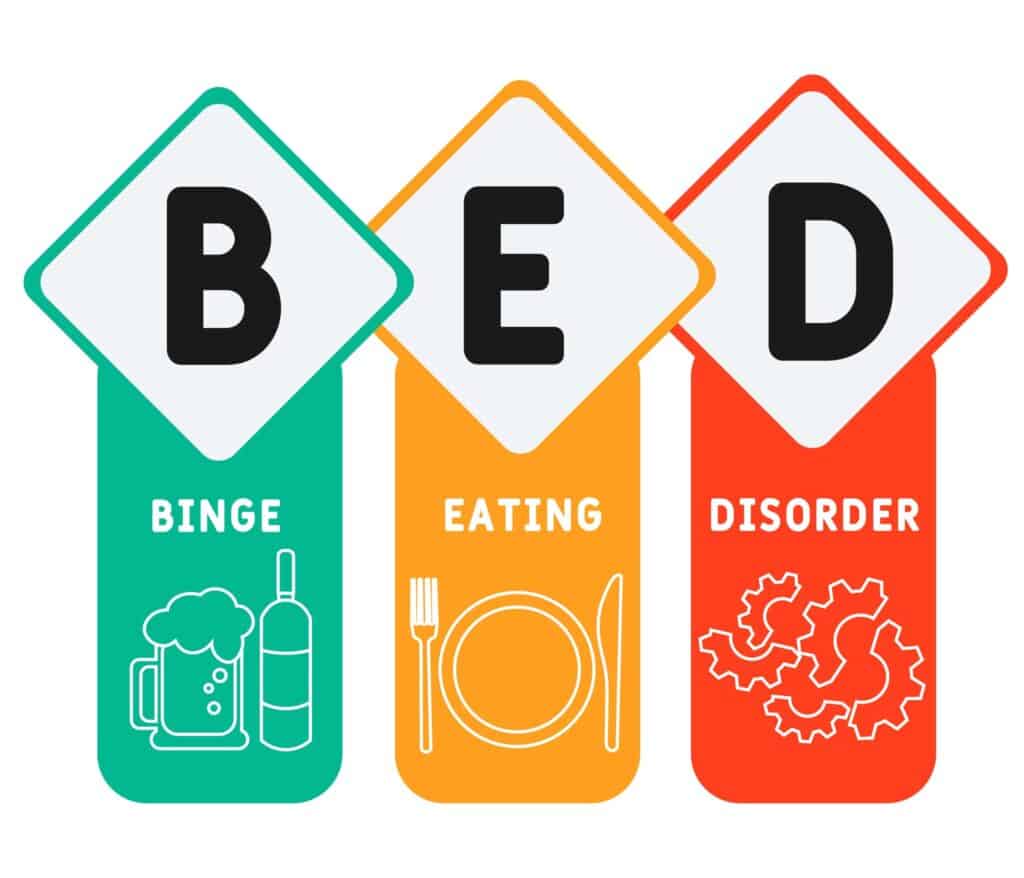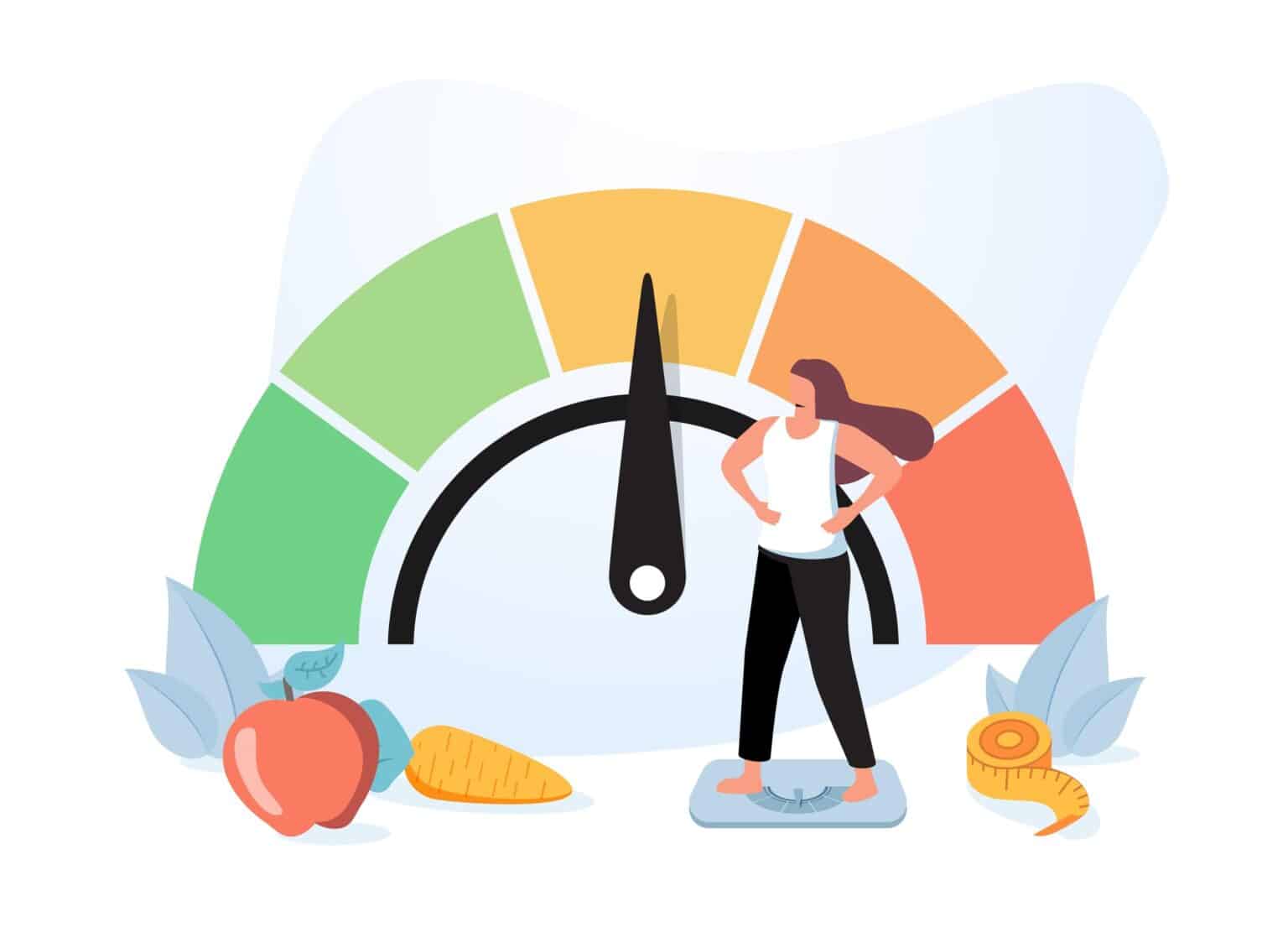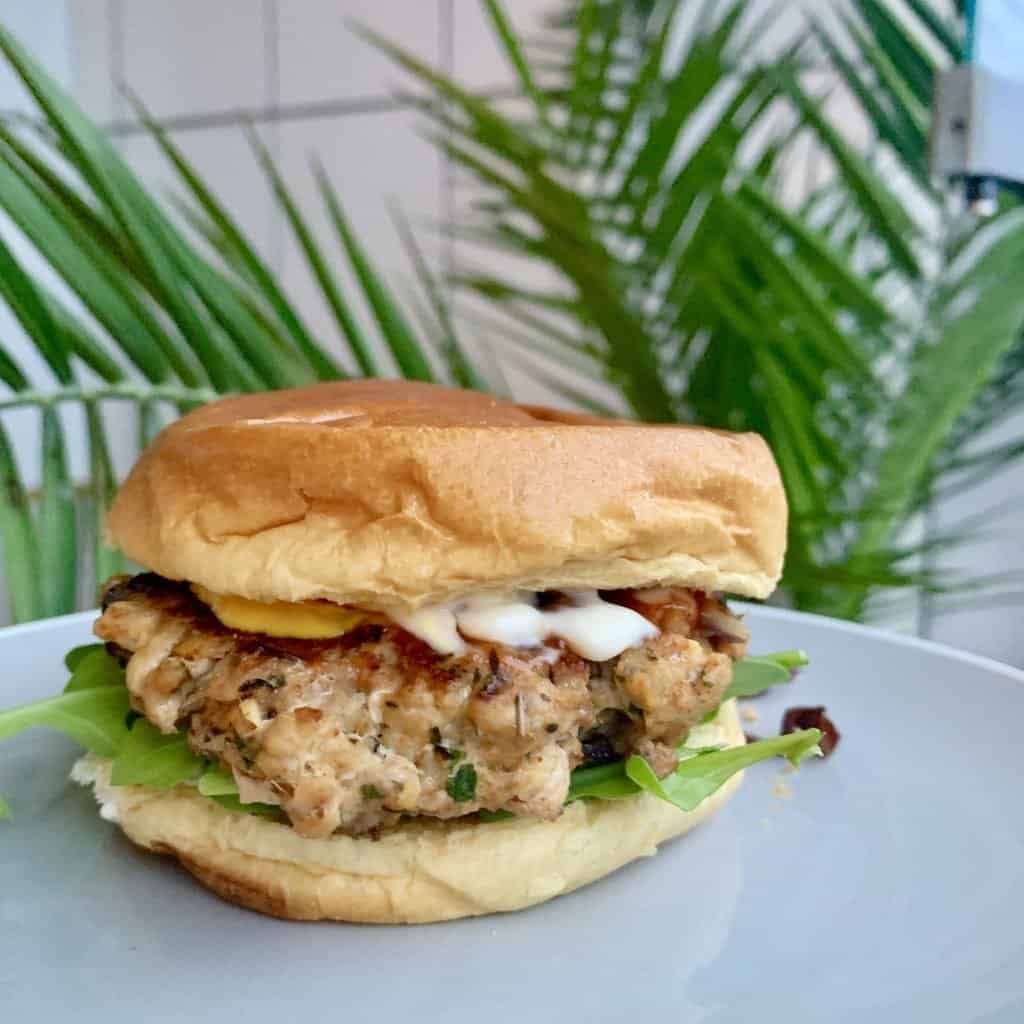Blog

How do I stop binge eating?
Binge Eating Disorder – Eating Disorder Awareness Week
This week is Eating Disorder Awareness Week here in the UK, and this year’s focus is on Binge Eating Disorder. As part of Embody Health London’s contribution to this important cause, this article shares five of our top tips to help you to stop binge eating – for good!
ONE: Determine your “why”
No matter where you are in your journey towards recovery, consider writing down why you want to recover. What do you have to gain by recovering? How might your relationships change? Your work or school life? How might your physical and mental health improve?
Whether it takes the form of a quick note in your phone or a full-length journal entry, it can be incredibly helpful to look back on in the midst of a rough patch to remind yourself why you’re doing this.
TWO: Let go of dieting
The restriction of food (also known as dieting) is a key cause of episodes of binge eating.1 This is due to what is known as the “restrict-binge cycle”.
When food is restricted, the body experiences a state of deprivation. In an effort to protect itself from starvation, the brain triggers an overwhelming urge to eat, resulting in a binge eating episode. The resulting negative emotions of guilt, shame and remorse often lead to feeling the need to regain control or to compensate through further dieting, and the cycle begins again.
As such, one of the first steps you can take towards reducing the frequency of binge eating episodes is breaking this cycle by eating at regular intervals throughout the day. As a guideline, consuming a meal or snack every three to four waking hours is a good place to start, even if you don’t feel hungry. You might like to decide when and what you are going to eat in advance, so that no decisions need to be made
Additionally, ensure you’re eating enough. If this is difficult for you to determine on your own, you might find it helpful to enlist the help of a friend or family member who is a “normal” eater and use them as a point of reference.
Giving up dieting is certainly easier said than done. Maybe you’re not ready to give up your weight loss goals for good – that’s okay too! Instead, consider thinking about it like an experiment. What do you hypothesise might happen if you gave up dieting just for a few weeks? Test your theory, assess the results and come to your own conclusions!
THREE: Develop a suite of strategies for emotional regulation
Eating disorder behaviours generally serve a function in the lives of those experiencing them, often acting as a source of comfort, control or emotional release.2 Consequently, in order to stop binge eating, it is important to replace those behaviours with more constructive strategies for emotional regulation. This will look different for everyone (it’s all about what works for you!) but some ways you might dig a little deeper into thoughts and feelings underlying your behaviours include meditation, journaling or spending time outdoors.
FOUR: Discover distraction
When the urge to binge eat appears, it can feel overwhelming and unpreventable. However, it’s important to remember that the feeling will pass (or at least reduce in intensity). You might find it helpful to create a list of activities you can utilise as a distraction, ideally involving both hand-use and concentration – for example, creating art or playing a sport. If you need some inspiration, this list of 101 things to do instead of binge eating created by psychotherapist Leora Fulvio is sure to have something for everyone!
FIVE: Seek professional support
There is NO shame in needing a little extra help when things feel overwhelming. There is no such thing as not being “sick enough” to deserve professional treatment. That’s what we’re here for! Our dietitians at Embody Health London are experts in eating disorders and we would love to support you to heal your relationship with food.
Please reach out to us at [email protected] to learn more about us and how we can help you.
For more information about how you can get involved with this year’s Eating Disorder Awareness Week, check out Beat’s website.
Karli Battaglia MDiet, APD
EHL Team x
References
- Polivy J, Herman C. Dieting and binging: A causal analysis. American Psychologist. 1985;40(2):193-201.
- Fitzsimmons E, Bardone-Cone A. Coping and social support as potential moderators of the relation between anxiety and eating disorder symptomatology. Eating Behaviors. 2011;12(1):21-28.














